Human resources expert discusses new study and the recent legislation giving 2.1 million Americans paid leave
A brand-new, international study from a team of Danish researchers sought to discover what impact paternity leave policies had on companies. The economists found that paid leave had no demonstrable negative impact on a company’s bottom line.
The economists’ findings should be heartening to American
employers who could be facing changes to paternity leave policies in the near
future.
“In America, 1 in 4 women go back to work within 10 days of
giving birth,” says Rob Wilson, human resources expert and President of
Employco USA, a national employment solutions firm. “Currently, under the
Family and Medical Leave Act (FMLA), eligible employees are able to take up to
12 weeks off work after having a child or adopting a child, but this time off
is often unpaid.”
However, recent legislation which just passed in the Senate
could mean that over 2 million Americans may now have access to paid paternity
leave.
“The spending bill made paid paternity leave a reality for civilian workers who are employed by the government,” says Wilson. “The bill, which had enormous support in the Senate, gives 12 weeks of paid paternity leave to any civilian government employee who births, adopts, or fosters a child. Employees must have been at their position for at least one year in order to receive this benefit.”
Continue reading →
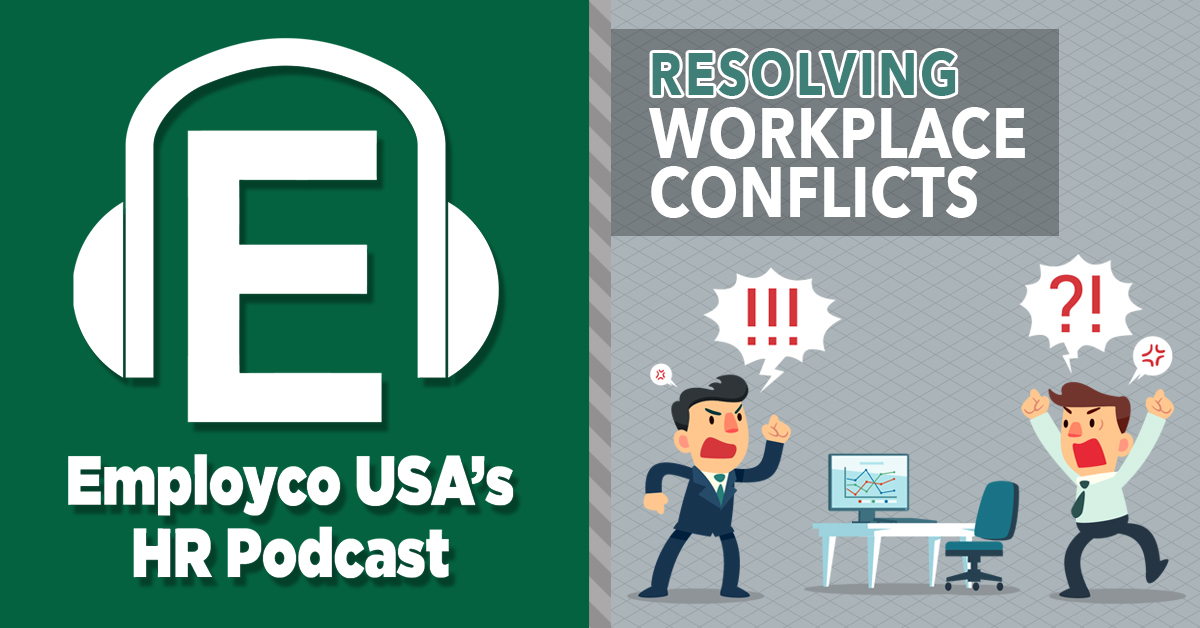
 With Valentine’s Day approaching, love is in the air, even in the workplace…especially for those in the HR industry. The new “
With Valentine’s Day approaching, love is in the air, even in the workplace…especially for those in the HR industry. The new “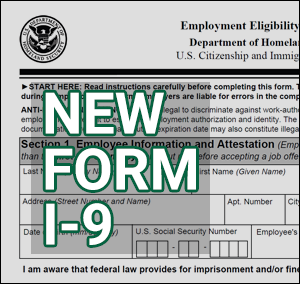 The U.S. Citizenship and Immigration Services (USCIS) just published a new Form I-9 for employers to begin using immediately. The Form I-9, which is used to verify new hires’ identity and employment authorization to work in the United States, now includes several changes.
The U.S. Citizenship and Immigration Services (USCIS) just published a new Form I-9 for employers to begin using immediately. The Form I-9, which is used to verify new hires’ identity and employment authorization to work in the United States, now includes several changes.
 The 62nd Grammy Awards made headlines for performances from Lizzo and Billie Eilish, but what really caught the public’s attention was the scandal brewing just below the evening’s surface. Just 10 days before the ceremony, the Academy’s first female CEO and President, Deborah Dugan, was put on administrative leave. She has filed charges of sex-based discrimination in the workplace, sexual harassment at the hands of Joel Katz (the Recording Academy’s general counsel), as well as voting corruption and more.
The 62nd Grammy Awards made headlines for performances from Lizzo and Billie Eilish, but what really caught the public’s attention was the scandal brewing just below the evening’s surface. Just 10 days before the ceremony, the Academy’s first female CEO and President, Deborah Dugan, was put on administrative leave. She has filed charges of sex-based discrimination in the workplace, sexual harassment at the hands of Joel Katz (the Recording Academy’s general counsel), as well as voting corruption and more.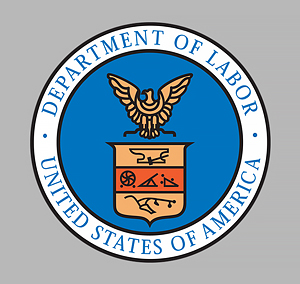 In January, the Department of Labor clarified long-standing workplace disputes regarding joint-employer liability. In new provisions to the Fair Labor Standards Act (FLSA), the DOL has finalized regulations regarding an employee’s ability to consider franchisors to be joint employers and therefore liable for alleged workplace wrongdoings at franchise locations.
In January, the Department of Labor clarified long-standing workplace disputes regarding joint-employer liability. In new provisions to the Fair Labor Standards Act (FLSA), the DOL has finalized regulations regarding an employee’s ability to consider franchisors to be joint employers and therefore liable for alleged workplace wrongdoings at franchise locations. Today the U.S. House of Representatives will vote on “Protecting Older Workers Against Discrimination Act” (POWADA), a bill which many say will pass with bipartisan support.
Today the U.S. House of Representatives will vote on “Protecting Older Workers Against Discrimination Act” (POWADA), a bill which many say will pass with bipartisan support.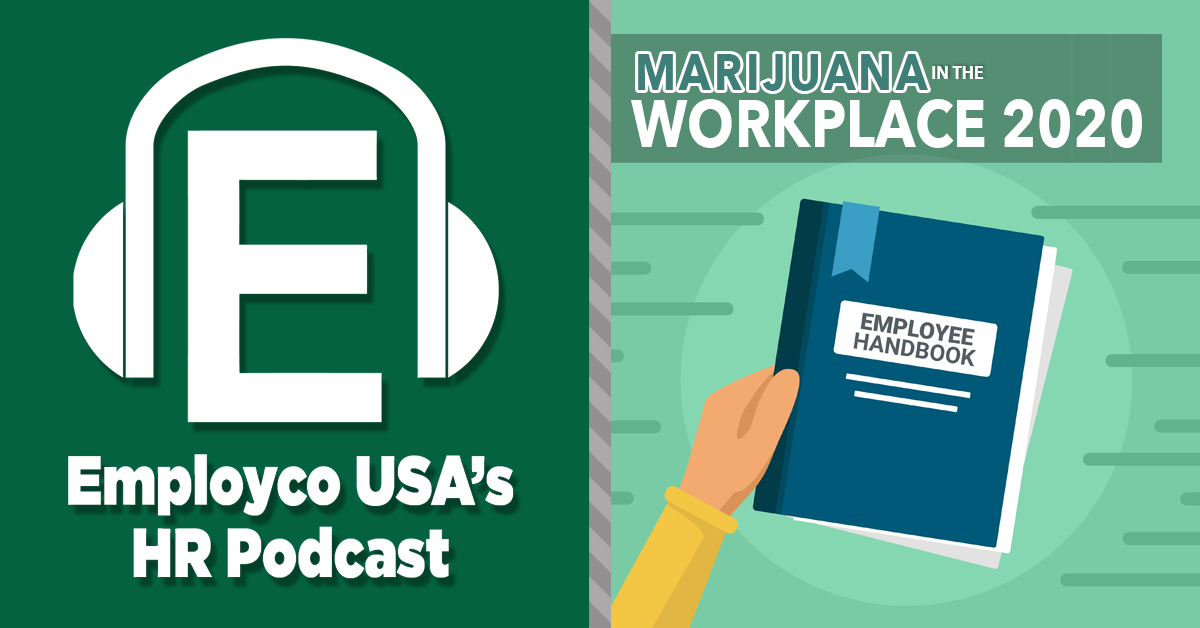
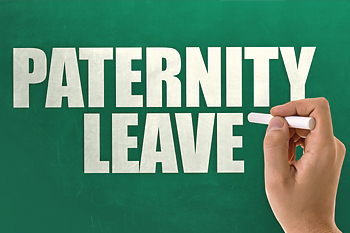
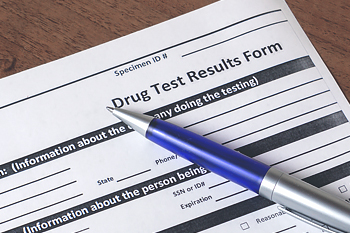 Starting on January 1st, Nevada became the first state in the nation to make it illegal for a company to discriminate against potential hires who test positive for marijuana during drug screening.
Starting on January 1st, Nevada became the first state in the nation to make it illegal for a company to discriminate against potential hires who test positive for marijuana during drug screening.